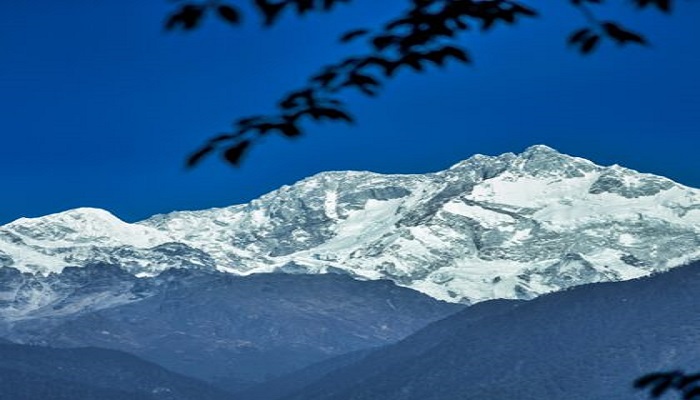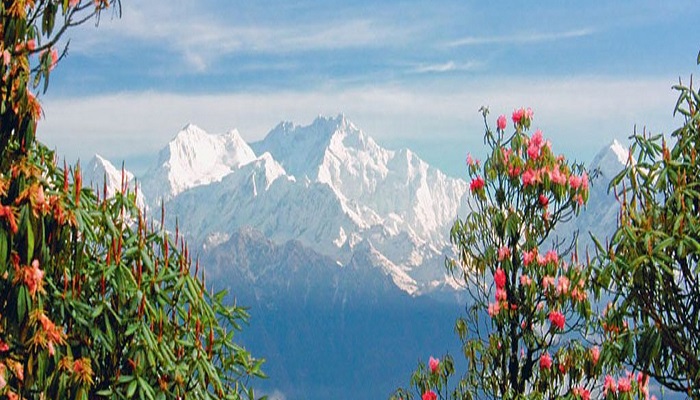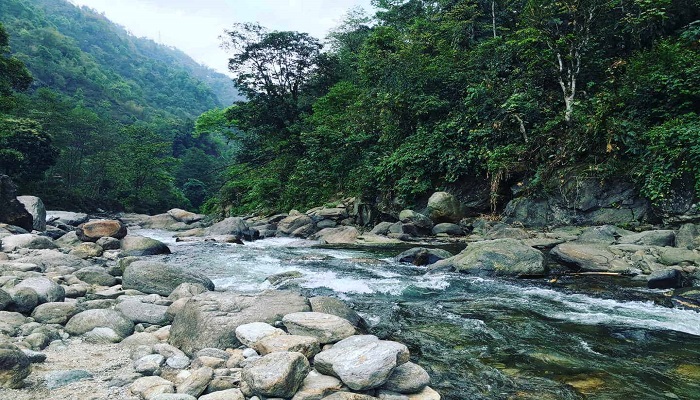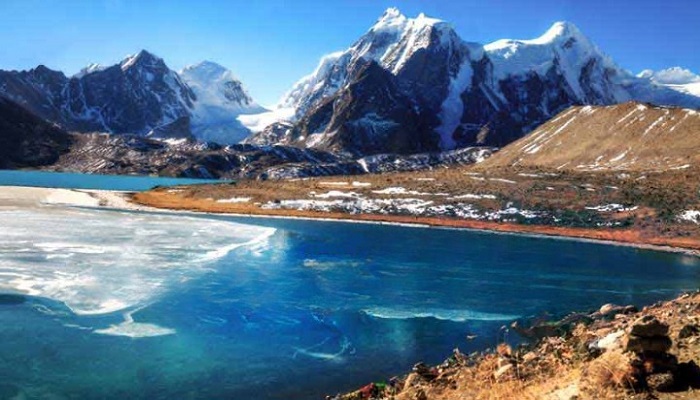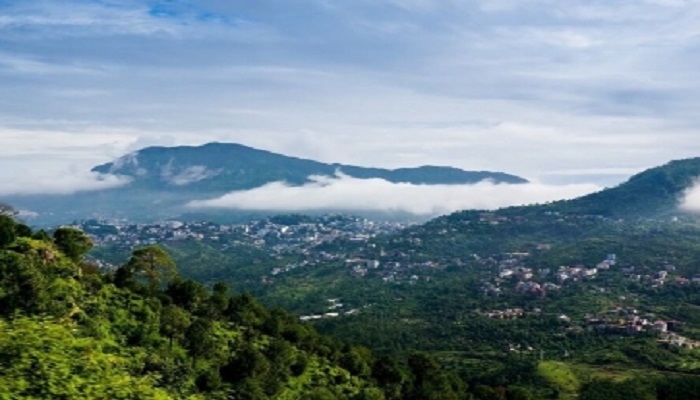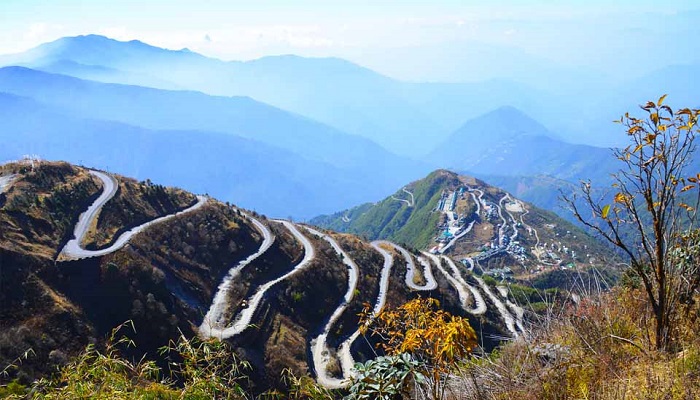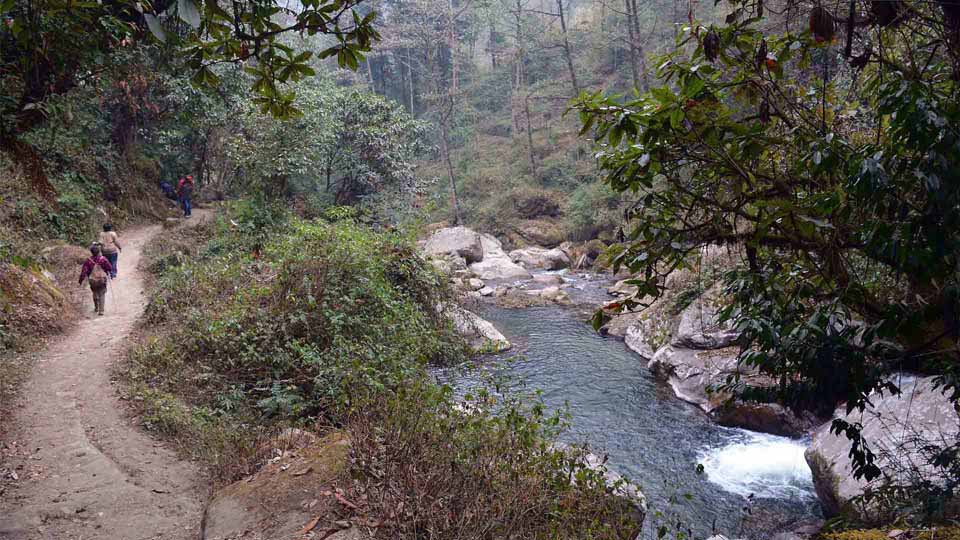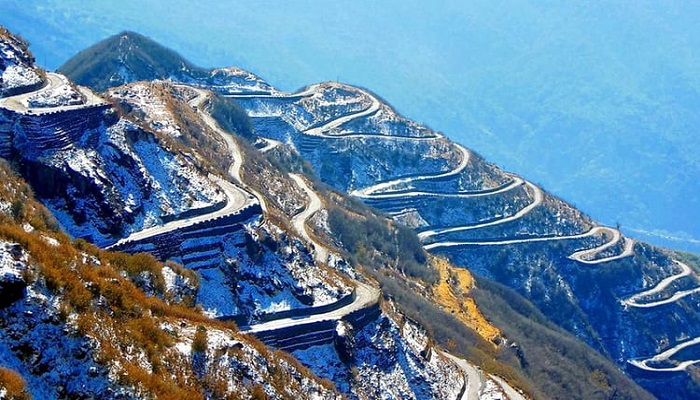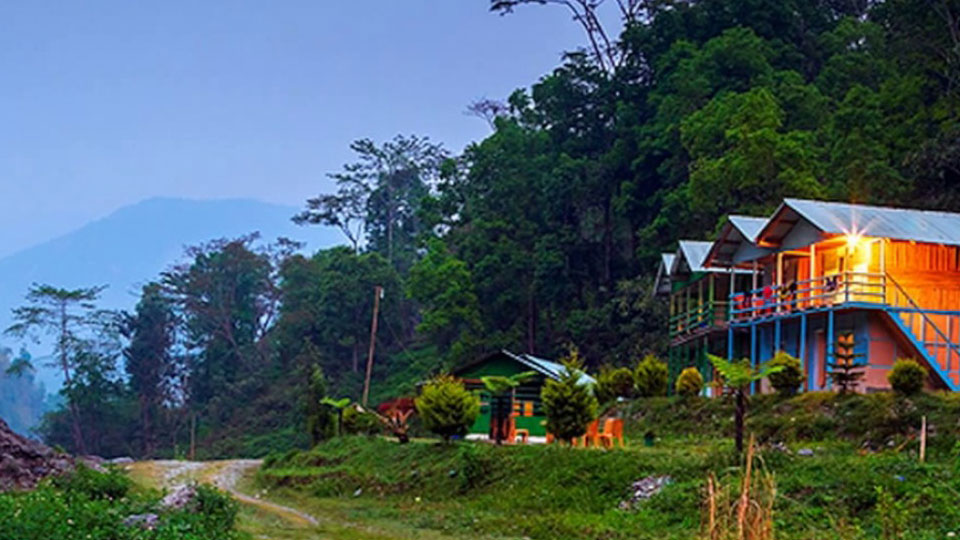Description
Icche Gaon-Zuluk-Rolep Itinerary: 4 Days/3 Nights
Day 01: NJP/Bagdogra/Siliguri to Icche gaon
Pick up from New Jalpaiguri Rly Stn/Bagdogra Airport/Siliguri and transfer to Icche gaon.
After lunch does a nature walk in the pine forest & cinchona fields.
Overnight in Icchey Gaon.
Day 02: Icche Gaon to Zuluk.
Early in the morning take a jungle walk and view the sunrise on Majestic Mt. Kanchenjunga. After breakfast checkout for your journey to Zuluk.
Cross Mankhim, Rongli, Lingtham, Phadamchen and reach Zuluk. Visit Que khola falls.
Overnight in Zuluk.
Day 03: Zuluk to Rolep
Early morning start for most fascinating part of Silk route.
See Jelep La, Nathang valley, Kupup Lake & Old Baba Mandir. Drive back to the beautiful hill station of Rolep.
Overnight in Rolep.
Day 04:Drop to NJP/Bagdogra/New Mal Jn.
Early morning walk through the nature around your stay. Take your breakfast and lunch in time.
Leave Rolep for onward journey.
Drop at New Jalpaiguri Rly Stn/Bagdogra Airport/Siliguri.
Things about Silk Route
Sikkim is among the most popular tourist destinations in North-East India. Surrounded by beautiful mountains and amazing scenic beauty, everyone falls in love with this place. A most preferred holiday destination for mountain lovers, the view of Kanchenjunga is simply mind-blowing.
Also known as the seventh least most populated state on Indian territory. Sikkim is notable for its biodiversity, including alpine and subtropical climates, as well as being a host to Kanchenjunga, the highest peak in India and the third-highest on Earth. If you are a mountain lover, silk route tour packages from Travel Dreams will excite you.
The Old Silk Route or Silk Road which passes through East Sikkim is a part of the ancient network of trade routes that connected China to India. This route passed through Lhasa, Nathu La, and Jelep La which finally reached the port of Tamralipta (present Tamluk in West Bengal) from where it took to the sea and reached the far east. This Ancient Silk Route was discovered by traders as early as the First Century AD. Today this route is popular for travel and tourism activities.

